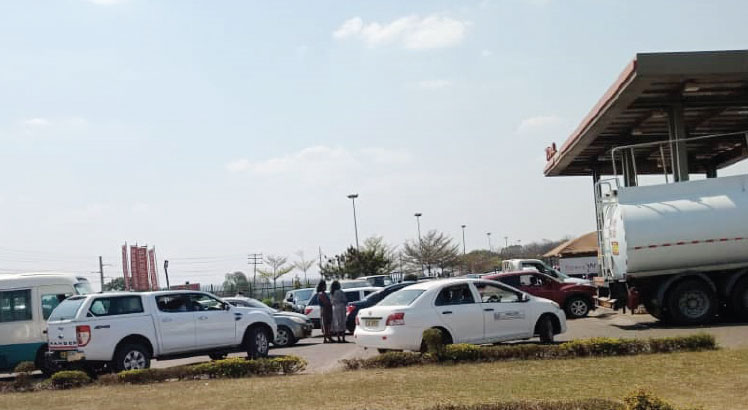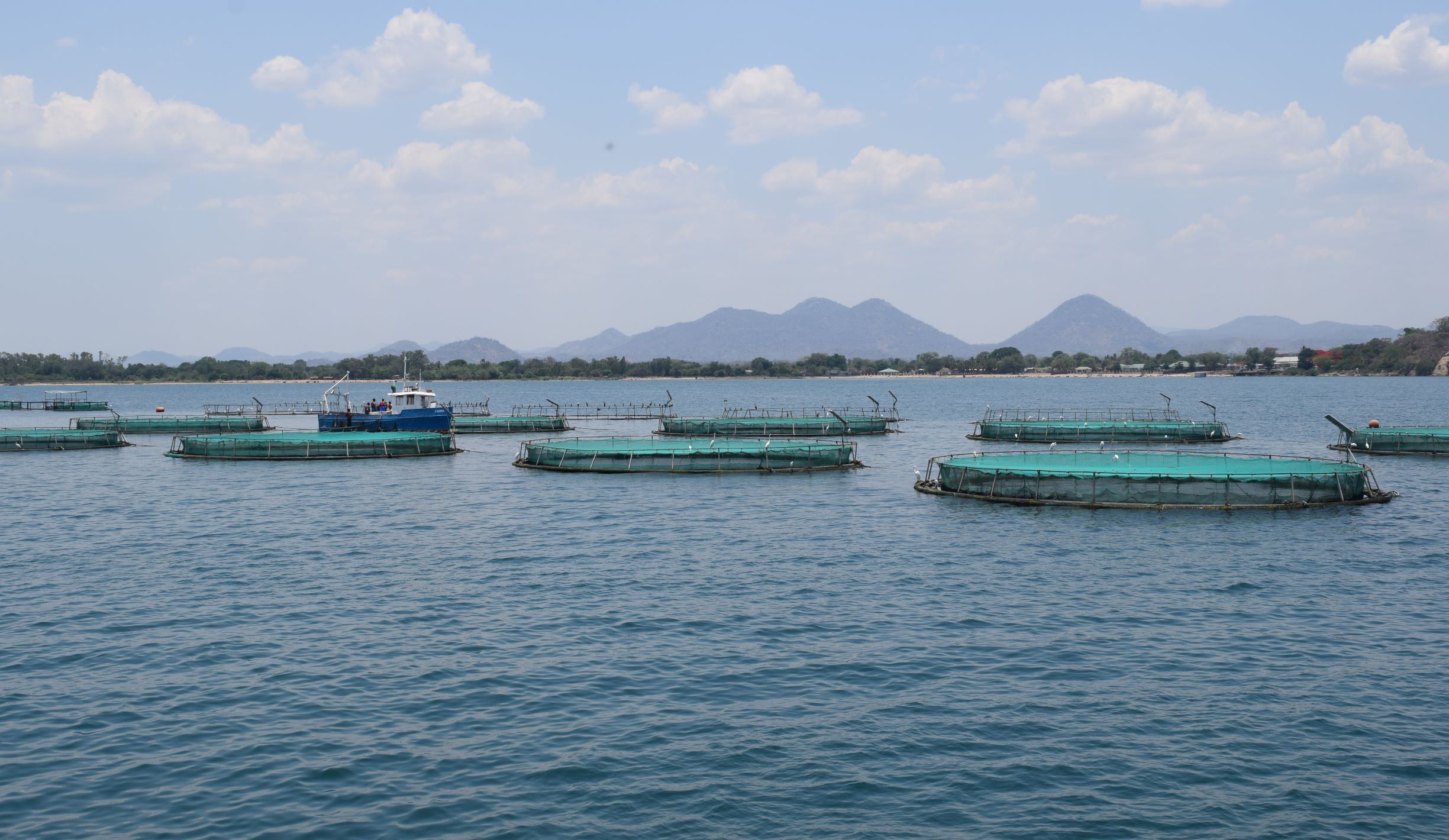Petrol scarcity bites consumers, businesses
Erratic availability of petrol has negatively affected businesses and consumers alike, forcing them to spend beyond their budgets in search for the commodity to provide services.
Minibus commuters are among those feeling the pinch of the current fuel scarcity, more pronounced with petrol, as some minibus operators are charging more than the normal fares.
On average, the minibus operators are charging an extra K200 on most intra-city routes such as between Blantyre and Limbe and an extra K500 for long distance routes.
Businesses and consumers told The Nation in separate interviews yesterday that the petrol scarcity is hitting them hard as it is coming amid a harsh economic environment.
In an interview, Chamber for Small and Medium Enterprises executive secretary James Chiutsi described the fuel shortage as a disaster for businesses and the economy in general, especially if the problem is prolonged.
He said: “We have businesses which have actually stopped for now because of this situation. There are also several SMEs who live by revenues generated on daily sales; hence, this disruption is seriously affecting not only revenues but also livelihoods.

“Sadly, it comes at a time when small businesses are already experiencing a tough operating environment characterised by high costs of production and all. With this, SMEs cannot develop in this. country”
Weighing in, Farmers Union of Malawi chief executive officer Jacob Nyirongo said the prevailing supply crisis has the potential to negatively affect farmers’ profit margins directly as they are now subjected to high transport costs.
“We, however, hope that diesel supply which has not been acutely affected continues to be available so that there are no major disruptions in the transportation of goods. Overall we hope that the fuel supply situation will normalise soon,” he said.
On the other hand, Consumers Association of Malawi executive director John Kapito expressed fear that the fuel scarcity will trigger high prices of essential commodities as some are transported through public transport which has become expensive.
He said: “Fuel prices have not gone up and it is surprising to note the minibus fares adjusted upwards. This is hurting consumers who are paying a huge price for fuel scarcities that should have been avoided.”
In random interviews yesterday, some commuters told The Nation they have no option, but to pay for more than the normal fares.
Minibus Owners Association of Malawi general secretary Coaxley Kamange justified the fare hike, saying they are trying to cover for the differences they incur whenever they are searching for fuel.
He said: “We have indeed been receiving complaints. Our spot checks have confirmed that some minibus operators are indeed adjusting minibus fares for various routes but this is justified as they try to recover costs incurred when sourcing fuel.”
Meanwhile, economists have warned that prolonged scarcity could have serious implications on the economy.
Economist Gilbert Kachamba said other than the disruption of business operations, especially those that heavily rely on fuel, the scarcity could reduce investment.
“It is, therefore, important for the relevant stakeholders to find ways to address the issue and ensure a stable supply of fuel,” he said.
Earlier this week, Malawi Energy Regulatory Authority (Mera) acknowledged the fuel challenge in a statement released on Monday insisting that it is making every effort to stabilise the flow of fuel supplies and the situation is expected to normalise within a few days.
The authority has since urged the public to avoid panic-buying which it said distorts the consumption and performance of the fuel supply restoration plan.
Last year, the country faced an adverse fuel shortage owing to dwindling foreign exchange reserves which stifled fuel imports into the country, forcing some oil marketing companies to ration both diesel and petrol.





